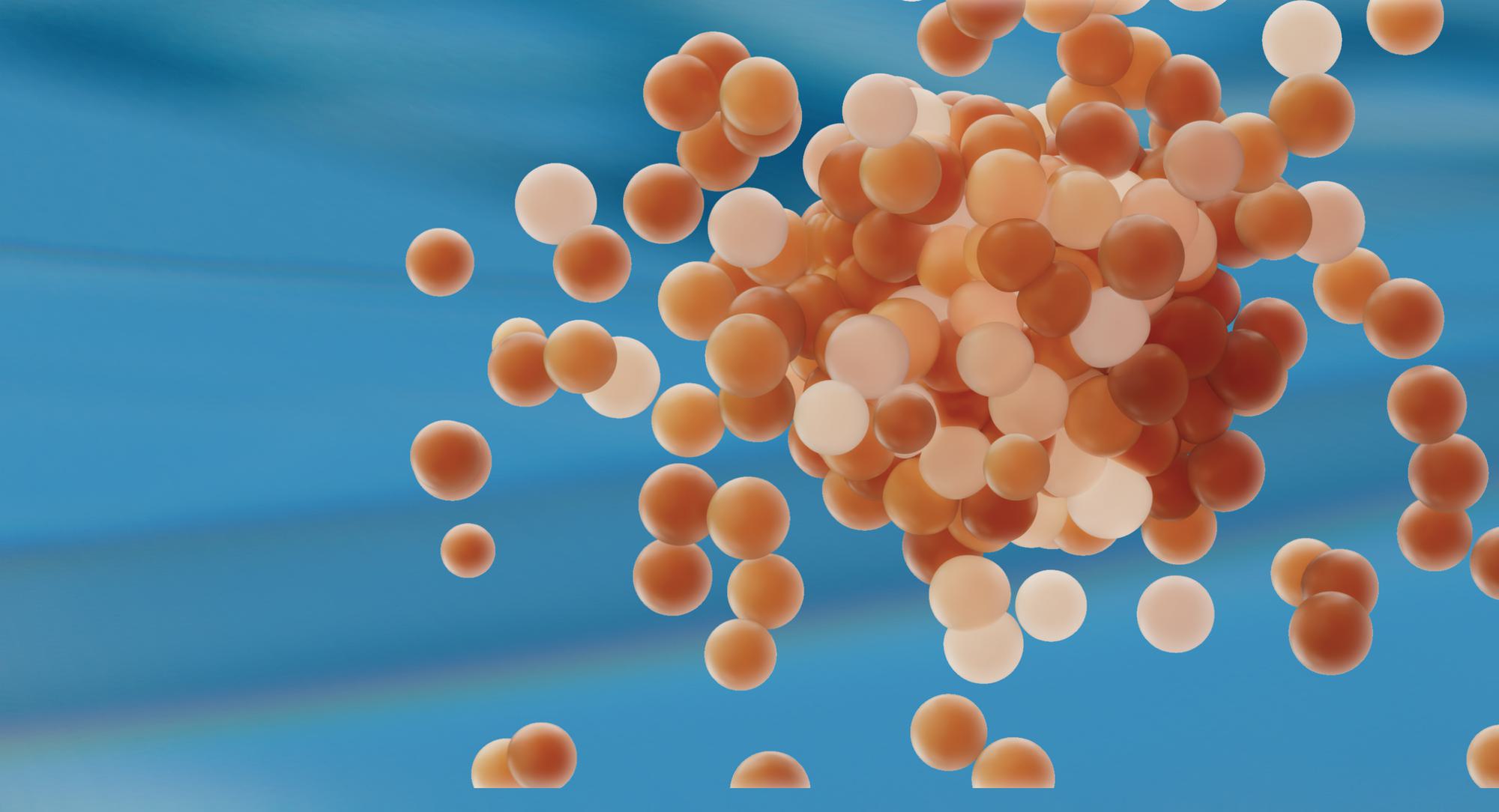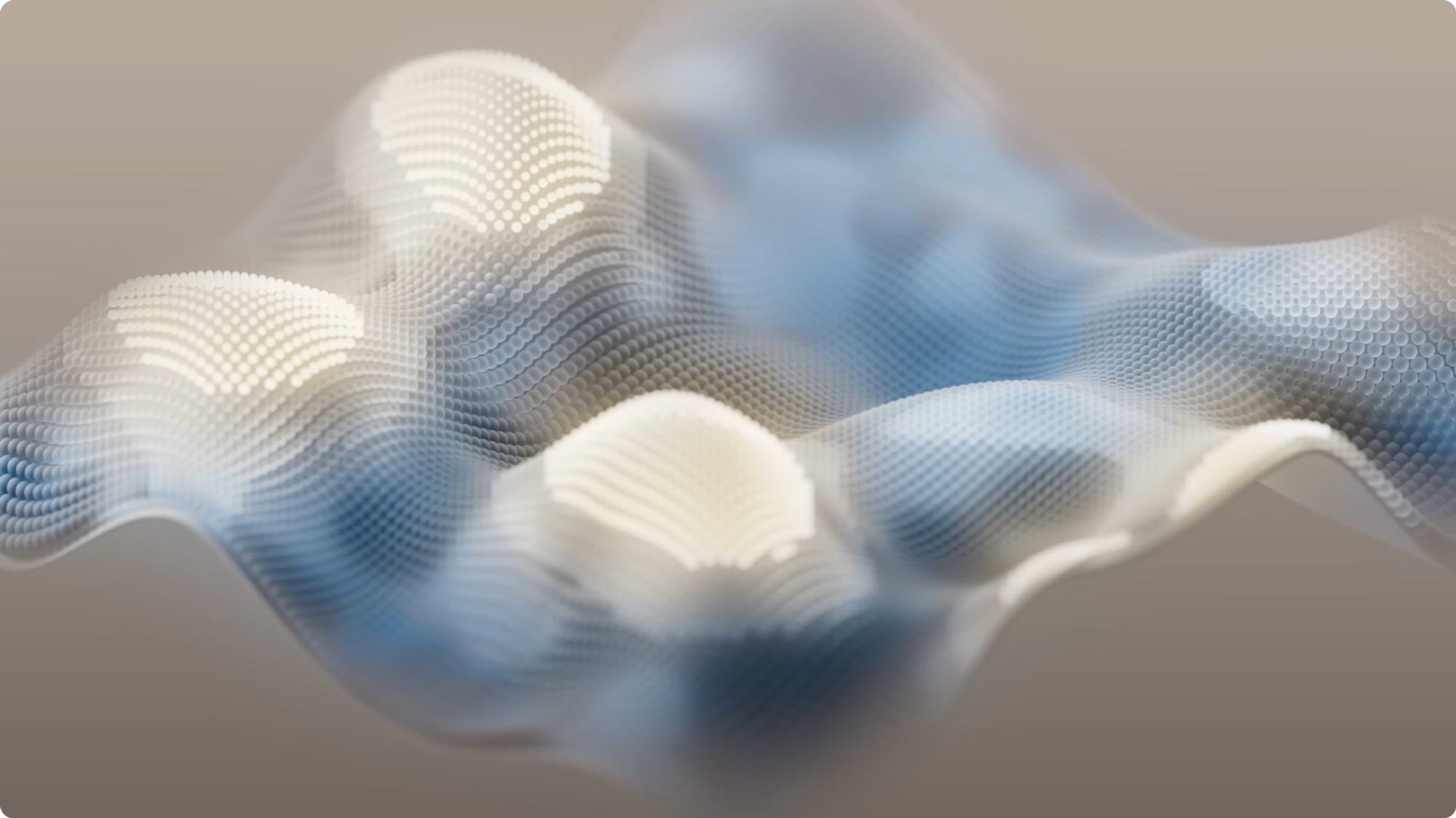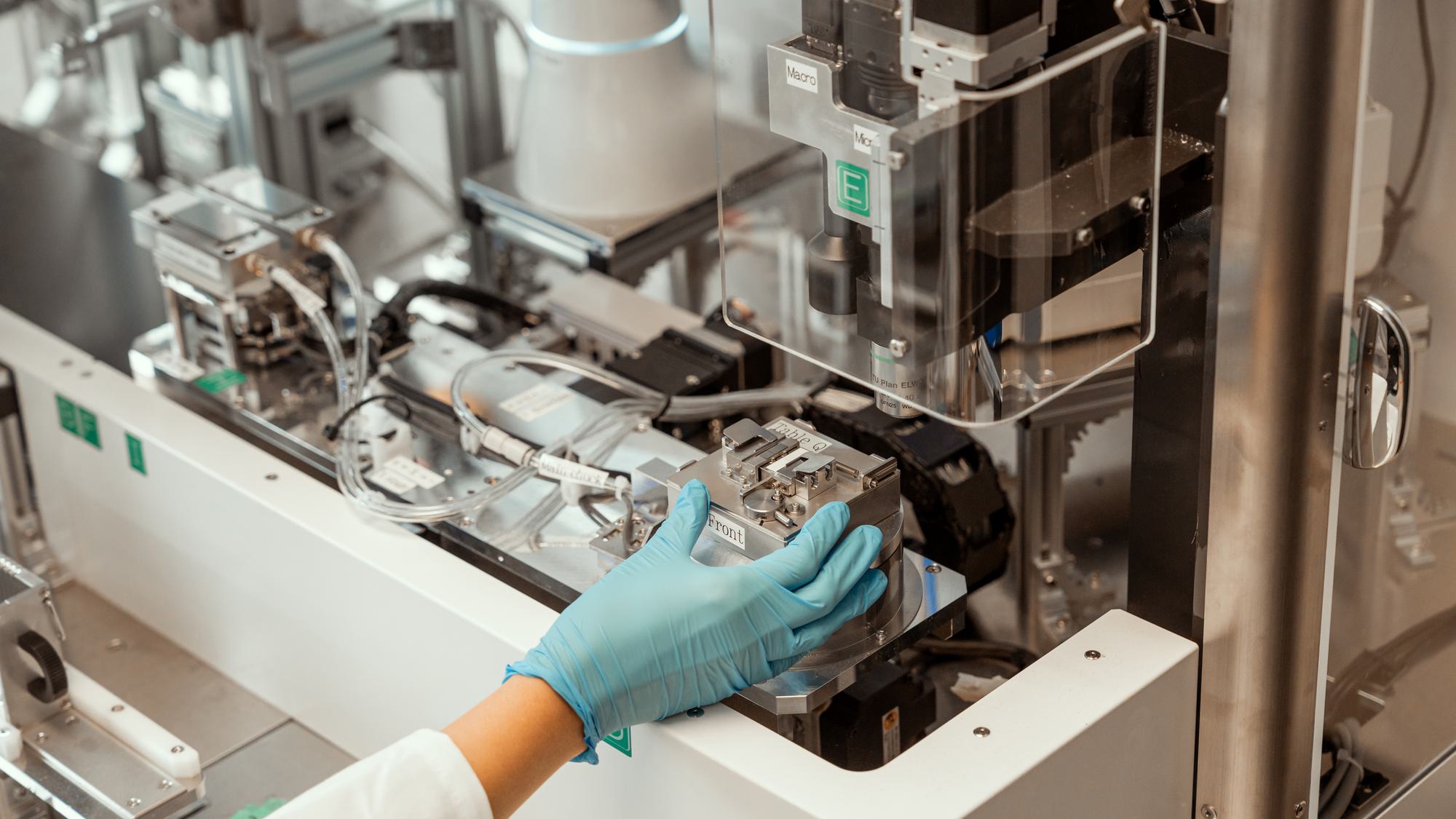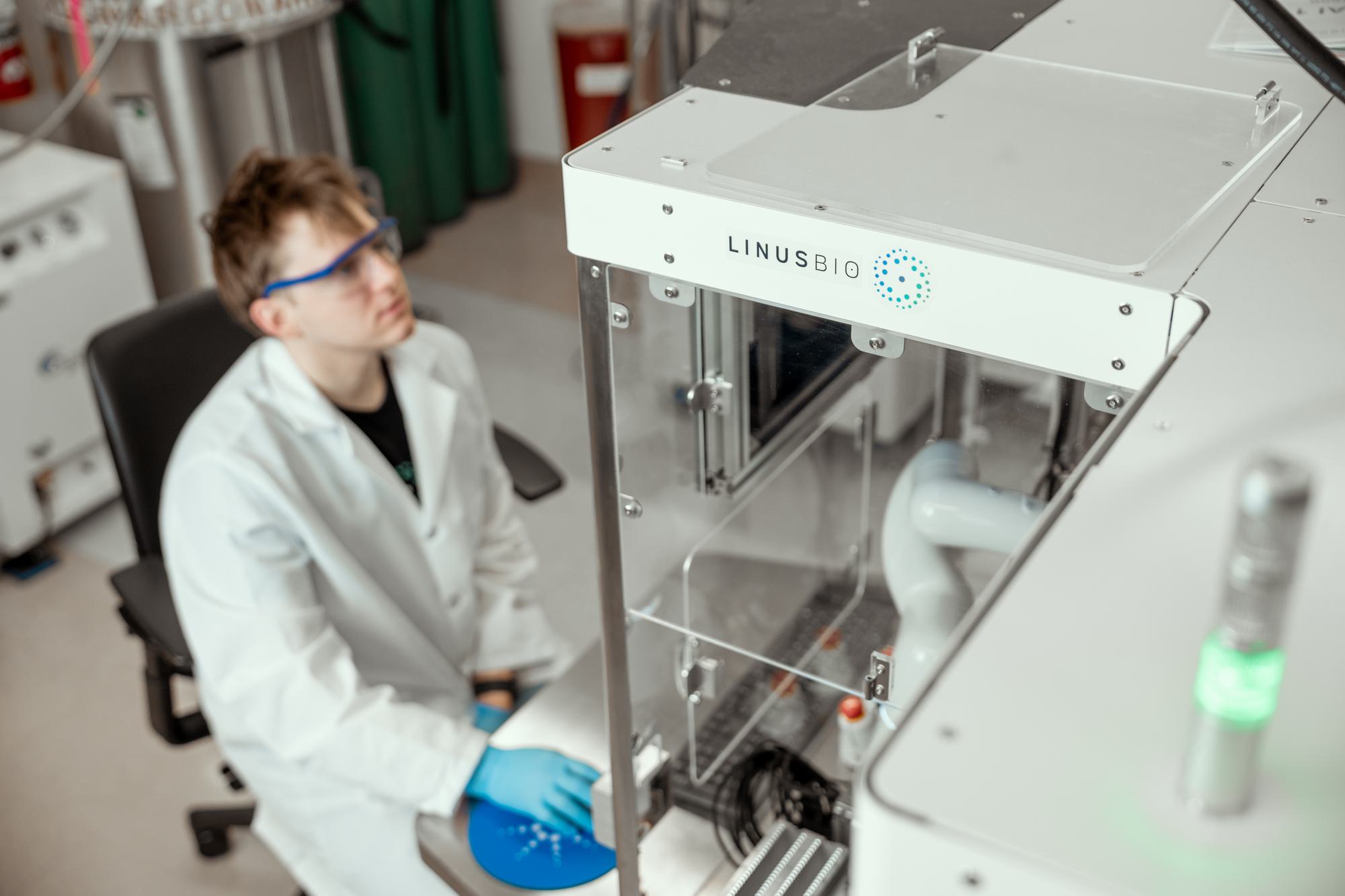

Autism spectrum disorder (ASD) is a neurobiological developmental condition that affects the ways a person communicates, behaves, and adapts to their surroundings
-
1ASD can have an impact on learning and quality of life. It is also associated with mental health conditions such as anxiety and depression. The current prevalence of autism in the United States is estimated at 1 in every 36 children.
-
2A substantial need exists for new biomarkers, especially for CNS conditions and GI disorders caused by the interplay of genetics and the environment. Extensive research in these areas has yet to result in genetic tests to guide diagnosis and treatment choices.
-
3A diagnosis can be made as early as 14 to 18 months of age. Wait lists for evaluations can be long, sometimes more than a year, delaying diagnoses. The median age that a child receives an ASD diagnosis in the US is older than 4 years.
Early identification of autism for early intervention
Early identification of autism is a significant unmet need. Children build the foundation for language and communication skills during a critical period of brain development in the first 2 years of life. In children on the autism spectrum, autism-specific interventions initiated in the first 1 to 3 years of life are associated with improvements in IQ, language abilities, and social skills compared to children who receive interventions later.
An early diagnosis of ASD can help parents and caregivers connect with appropriate health care providers and access services, educational programs, and behavioral therapies that are most likely to be helpful for their child.

Biomarkers to aid in earlier diagnosis of autism
According to the American Academy of Pediatrics (AAP), objectively measured biological characteristics, or biomarkers, of autism could potentially be used to predict ASD risk, enhance screening, and permit early detection before signs and symptoms are evident.
However, the AAP advises that genetic tests cannot be used to diagnose autism. There have not been any discoveries of specific genes or gene mutations that help identify ASD. LinusBio is engaged in research and development of non-genomic biomarker tests.

"A key reason that we decided to focus on autism is the dramatically different developmental trajectory when the condition is detected early in life, and the child receives interventions tailored to meet their needs. The positive impact on children and their families can be substantial."
"A key reason that we decided to focus on autism is the dramatically different developmental trajectory when the condition is detected early in life, and the child receives interventions tailored to meet their needs. The positive impact on children and their families can be substantial."
What are the causes of autism?
Autism tends to run in families, but it is thought to be caused by a combination of genetic and environmental factors. Certain factors before and at birth are associated with ASD.
- Father older than age 45 at time of child’s birth
- Prenatal exposure to air pollution
- Atypical immune response in a pregnant mother
- Extreme prematurity or very low birth weight
Prenatal and early life nutritional deficiencies and exposures to toxic metals have been linked with several adverse developmental outcomes frequently associated with ASD, including intellectual disability as well as language, attentional, and behavioral problems.
Individual metabolism, which plays a role in how the body processes essential and nonessential elements, is influenced by genetics. LinusBio founders’ research has shown that the dynamics of metabolism of certain elements are different in autistic people compared to non-autistic people.
LinusBio’s research on altering autism likelihood
According to the American Academy of Pediatrics (AAP), objectively measured biological characteristics, or biomarkers, of ASD could potentially be used to predict ASD risk, enhance screening, and permit early detection before signs and symptoms are evident.
However, the AAP advises that genetic tests cannot be used to diagnose autism. There are no specific genes or gene mutations that help identify ASD. The search for biomarkers is a major focus for autism researchers. LinusBio is engaged in research and development of non-genomic biomarker tests.

LinusBio’s research on vaccines and autism
The safety of childhood vaccination has extensively and repeatedly been established in research studies with more than one million children. There is no causal relationship between vaccination and autism, according to scientists, physicians, and public health researchers. LinusBio founders’ research suggests that biochemical signatures of autism are present in early infancy. Children as young as 1 month of age have been found to have these signatures.

